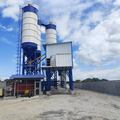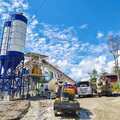Indonesia’s rapid infrastructure growth has sparked interest in asphalt mixing plants. From national highways to local road repairs, asphalt demand keeps rising. But is investing in an asphalt plant really profitable in this market? For contractors, developers, and construction material suppliers, the answer lies in understanding both the opportunities and costs. In this post, I’ll walk you through the practical considerations, cost ranges, potential returns, and how to choose the right reliable asphalt plant for your business goals in Indonesia.
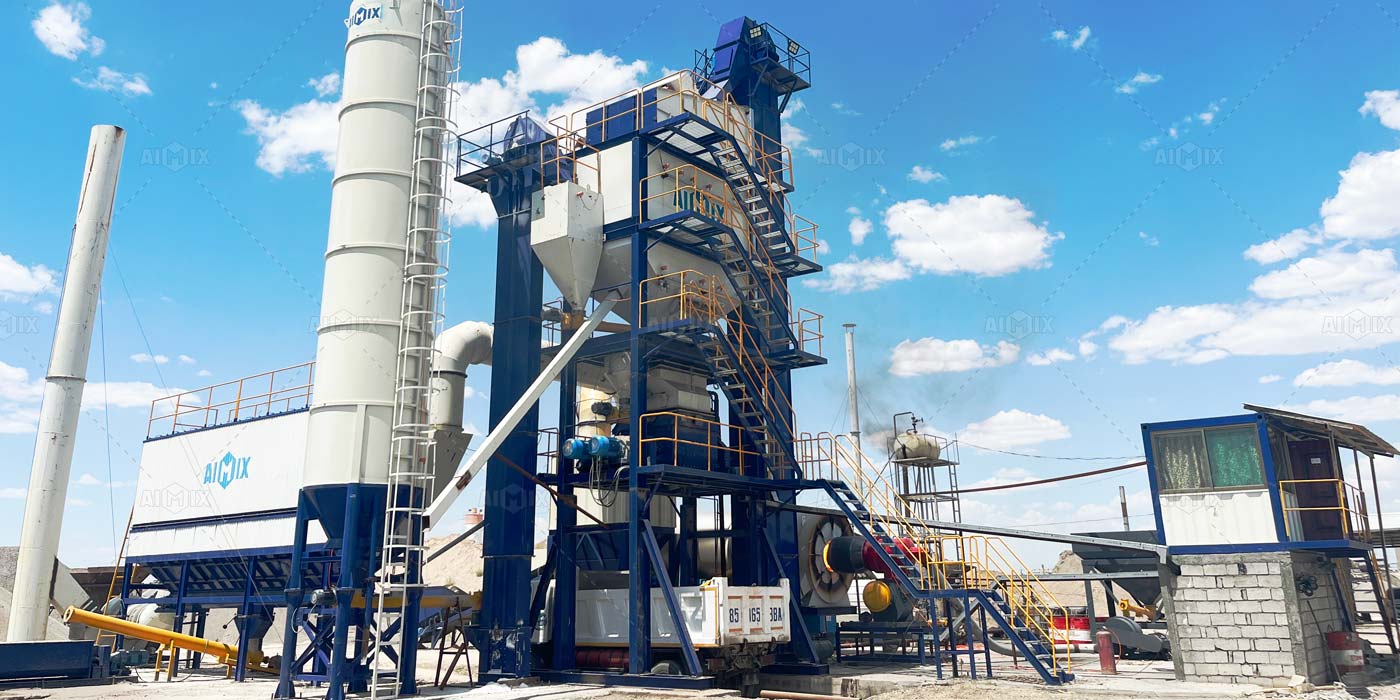
Rising Infrastructure Demands Drive Asphalt Needs
Indonesia continues to prioritize road infrastructure. Projects like Trans-Sumatra Toll Road and urban road upgrades create a constant need for quality asphalt. If you’re a contractor working on such projects or a supplier looking to serve local government tenders, owning your own asphalt plant can give you direct access to hot mix asphalt (HMA) on demand. This reduces reliance on third-party suppliers, minimizes transport delays, and gives you control over mix quality.
Why Local Production Matters
In regions like Java, Sumatra, or Kalimantan, transporting asphalt from distant cities can be slow and expensive. Local production allows you to save logistics costs and deliver asphalt at competitive prices while maintaining steady supply. That’s a huge advantage in winning government bids or serving private construction projects.
What’s the Real Investment Cost?
Asphalt plants come in various types and capacities. Here are three popular 60 t/h models with different configurations:
- ALQ60 Stationary Asphalt Batch Plant: $100,000 - $200,000
- ALYQ60 Mobile Asphalt Batch Plant: $150,000 - $250,000
- ALT60 Stationary Asphalt Drum Mix Plant: $50,000 - $150,000
Each plant type serves different purposes. Batch plants like ALQ60 and ALYQ60 produce precise, high-quality mixes for government-standard projects. Drum plants like ALT60 are simpler and cost less, ideal for rural roads and private developments. Your choice depends on the type of projects you’re targeting.
Which Option Is More Profitable?
If your focus is large-volume government roads, a batch plant can bring higher returns through better pricing and wider project eligibility. But if you're aiming for quick returns in local construction or repair jobs, the lower upfront cost of a drum plant may be more attractive. Get to learn about asphalt mixing plant price at right!
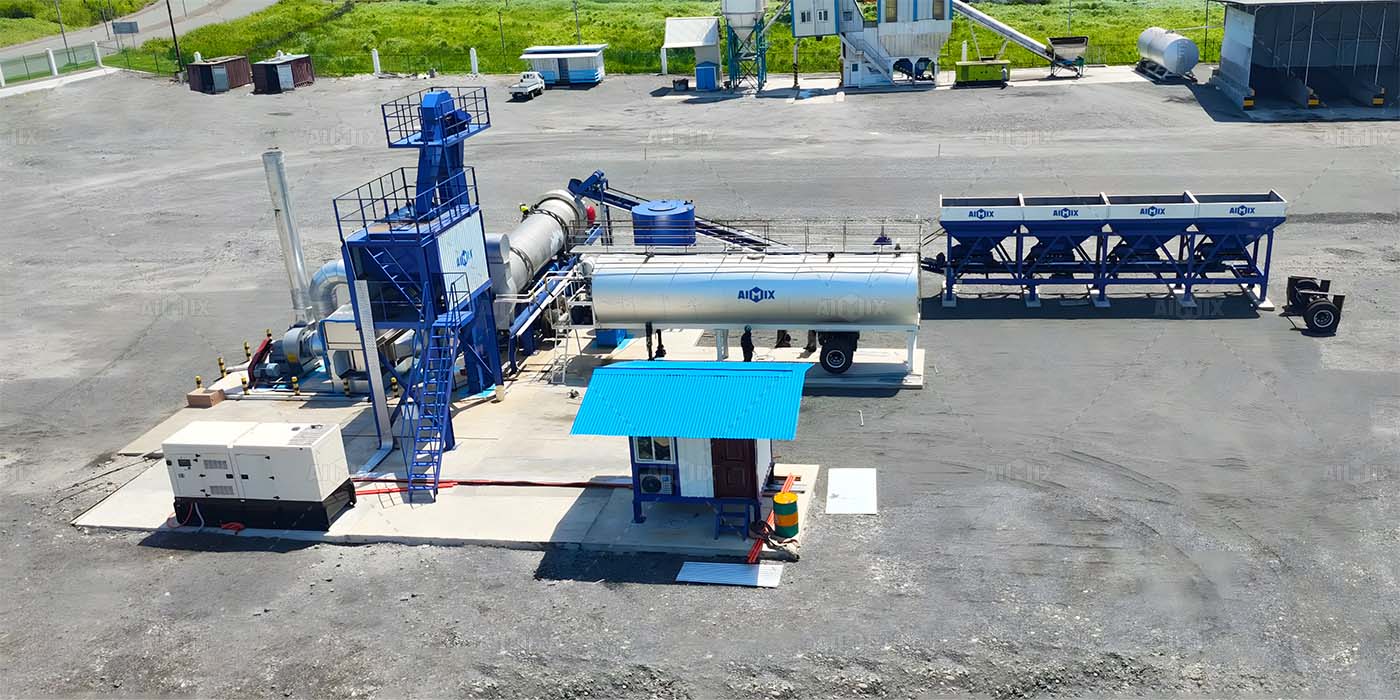
Key Factors That Affect Profitability
Simply owning an asphalt plant doesn’t guarantee profit. To succeed, you need to consider:
- Project pipeline: Do you have a steady stream of projects?
- Location: Is your plant close to construction sites?
- Operating costs: How efficient is your fuel, labor, and maintenance setup?
- Material sourcing: Can you source aggregates and bitumen locally at a good rate?
- Market demand: Can you also sell asphalt to nearby contractors?
These variables determine whether you break even quickly or face delays in return on investment. With good planning, most investors in Indonesia can recover their costs within 1–3 years.
Owning vs. Buying Asphalt: Cost Comparison
Let’s say you need 1,000 tons of asphalt for a medium road project. If you buy from suppliers at $75 per ton, your cost is $75,000. Producing it yourself may cost $40–$50 per ton, depending on plant efficiency and local fuel rates. That’s a potential saving of $25,000 to $35,000 on just one project.
Now imagine you produce asphalt for 10 such projects in a year—your savings could cover your equipment investment.
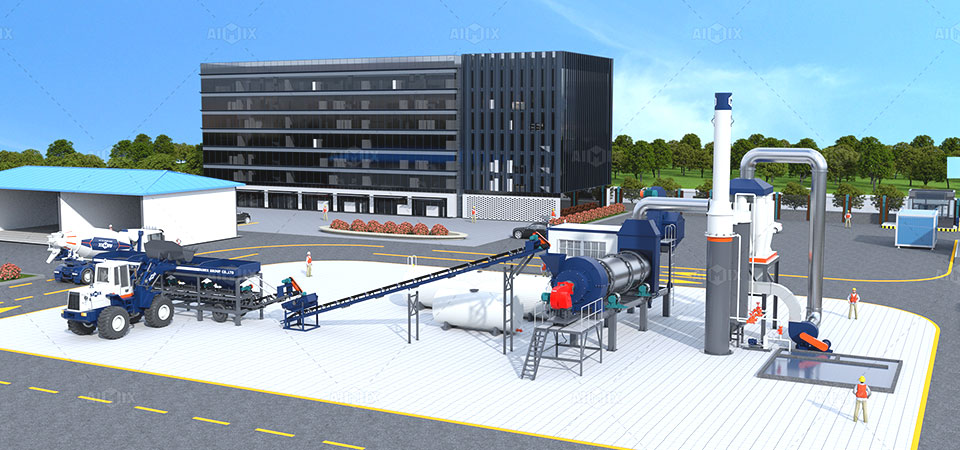
When Does It Make Sense to Invest?
If you’re a contractor with regular government or private projects, or a supplier looking to expand into asphalt delivery, now is a great time to invest. Especially with Indonesia’s decentralized infrastructure programs, having a plant gives you flexibility, speed, and cost control—key factors that make you more competitive.
Leverage Local Market Conditions
In remote regions where suppliers are few, even a small drum plant can be a profitable venture. You can deliver asphalt to underserved areas, charge a fair premium, and still offer clients better prices than bringing in materials from far away.
Why Choose Us as Your Asphalt Plant Partner?
We supply high-quality asphalt mixing plants tailored for Indonesia’s conditions. Whether you need a stationary or mobile plant, we help you choose the right amp aspal mixing plant based on your project type, mobility needs, and budget. Our after-sales support in Indonesia includes installation, training, and spare parts service—so you’re not just buying a machine, but a reliable long-term partner.
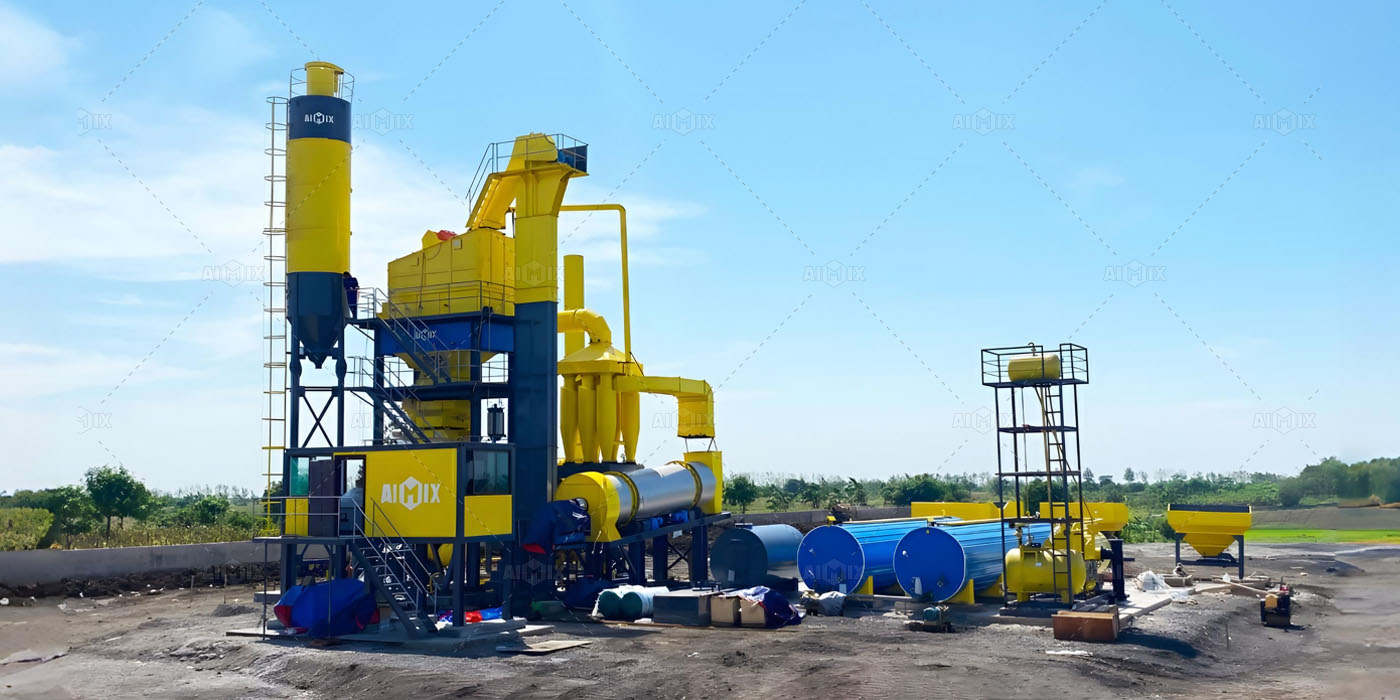
Ready to Start Your Asphalt Business?
Investing in an asphalt plant in Indonesia can be highly profitable when done with the right strategy. Whether you're a contractor, a ready-mix provider, or a construction entrepreneur, owning your plant means more control, higher margins, and faster turnaround.
Contact us today to get a customized quotation, free layout plan, and expert advice for your asphalt production business in Indonesia. Let’s build your advantage, project by project.

